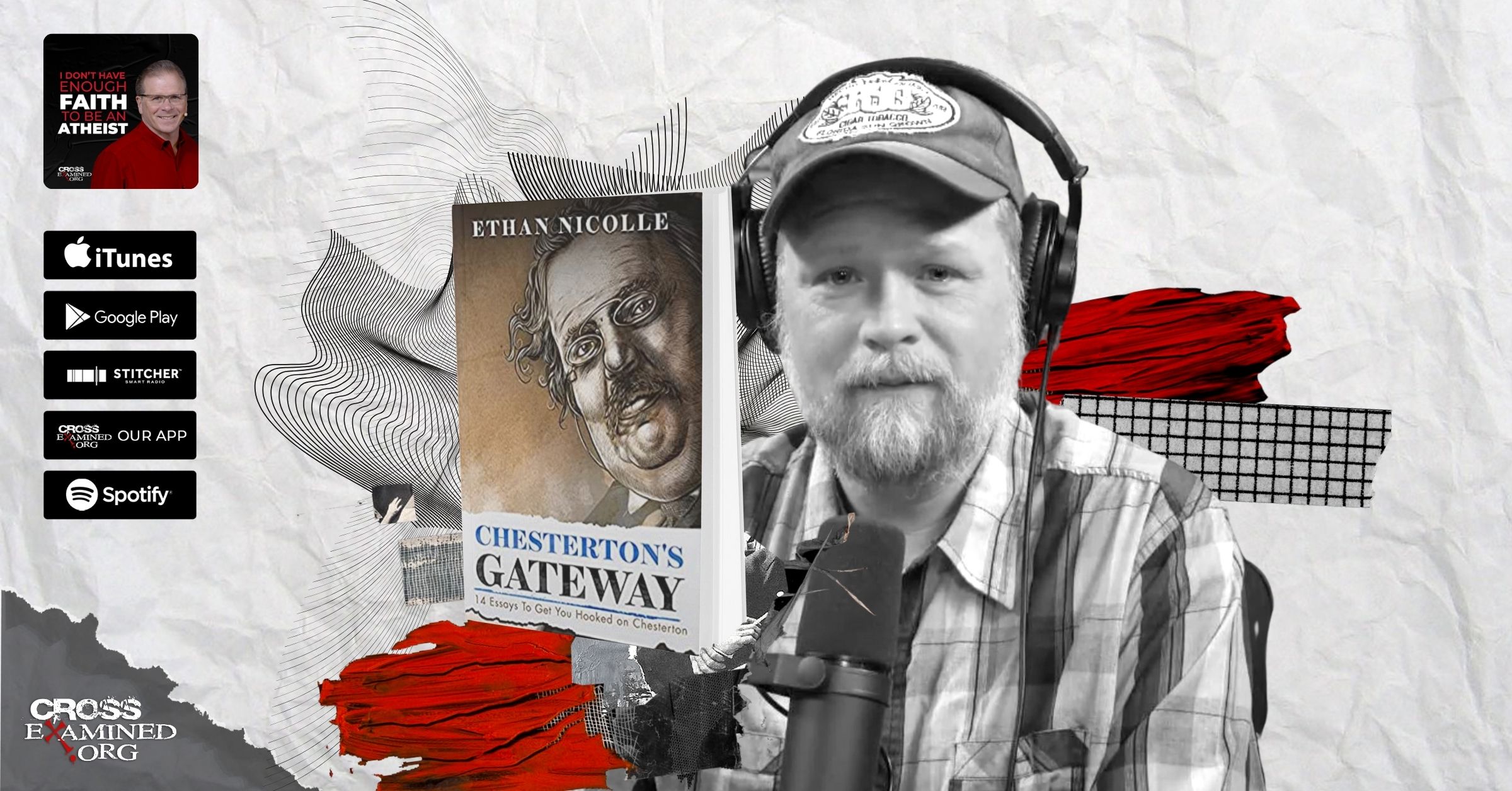“How Would You Respond to This?”
Once people discover that you’re a Christian thinker, they often start coming to you with all of the objections they hear:
“The Bible is hopelessly corrupt.”
“Jesus never existed.”
“Science disproves God.”
Your friends will offer you the objections and ask, “How would you respond to this?” And here is what I always say: “I wouldn’t.” I never respond to objections.
But wait, aren’t I an apologist? Isn’t it my responsibility to provide an answer to people’s objections? Not necessarily. Let me explain.
Offense and Defense
The same way that a football team has an offensive line and a defensive line, apologetics can be divided into offense – giving arguments for the truthfulness of Christianity – and defense – responding to objections against Christianity. So, when someone raises an objection to Christianity, they are trying to put you on defense. And while arguing against other religions and worldviews does take a lot of study, defensive apologetics is a whole lot easier. Here’s why: It isn’t your job to respond to a skeptic’s objection. It’s the skeptic’s job to defend the objection. So in reality, you aren’t on defense, the skeptic is!
Let’s look back at the objections above and ask some simple questions to deflate them:
Skeptic: “The Bible is hopelessly corrupt.”
Me: “Really? How do you know that?”
Now instead of me defending the reliability of the Bible, I’ve turned the tables and put the skeptic on defense. How does he know the Bible is hopelessly corrupt? What does he know about the transmission of the biblical texts?
Skeptic: “Jesus never existed.”
Me: “Why do you think that?”
Jesus mythicism is popular on the internet, but it’s a joke in scholarly circles. So force the skeptic to back up his claims. If Jesus isn’t real, who invented him and why? What do real historians think about this?
Skeptic: “Science disproves God.”
Me: “How exactly does science disprove God?”
Sure, you could have given a lecture on how science points us to a divine Creator, through the cosmological, fine-tuning, and design arguments. But why should you do all the heavy lifting? That’s the skeptic’s job! Let the skeptic try to make a scientific case against God’s existence, and if he can’t, then show how science actually provides evidence for God’s existence. That’s much more impactful.
Defending objections to Christianity is simple once you realize that it isn’t your job to defend against the objection; it’s the skeptic’s job to defend the objection itself.
Now, is it always this easy? Of course not. You may come across a very knowledgeable skeptic with a really tough objection that can’t be easily questioned away. But you can still keep your cool: “Wow, that’s an interesting objection and I’ve never thought of that before. I’ll look into it and get back to you.” Then you do your homework and resolve to never get stumped by the same question twice. But more often than not, some simple questions are all it takes to deflate a skeptic who hasn’t thought very much about his objections to Christianity.
Conclusion
Evangelizing and engaging in spiritual conversations can be very intimidating, especially when people have such a wide range of beliefs and may even be outright hostile to Christianity. But Jesus commanded his followers to go out and make disciples (Matt. 28:19). And when the tough objections come, we are called to defend our faith (1 Pet. 3:15). However, you don’t need hours and hours of study before you can begin sharing the gospel and defending your faith. Sometimes all it takes is a few simple questions.
To learn more about the tactical approach to engaging in spiritual conversations, check out Tactics by Greg Koukl. It’s the #1 book I recommend to anyone interested in apologetics. Seriously, buy it now.
Original Blog Source: http://bit.ly/2Rns5B9












Leave a Reply
Want to join the discussion?Feel free to contribute!